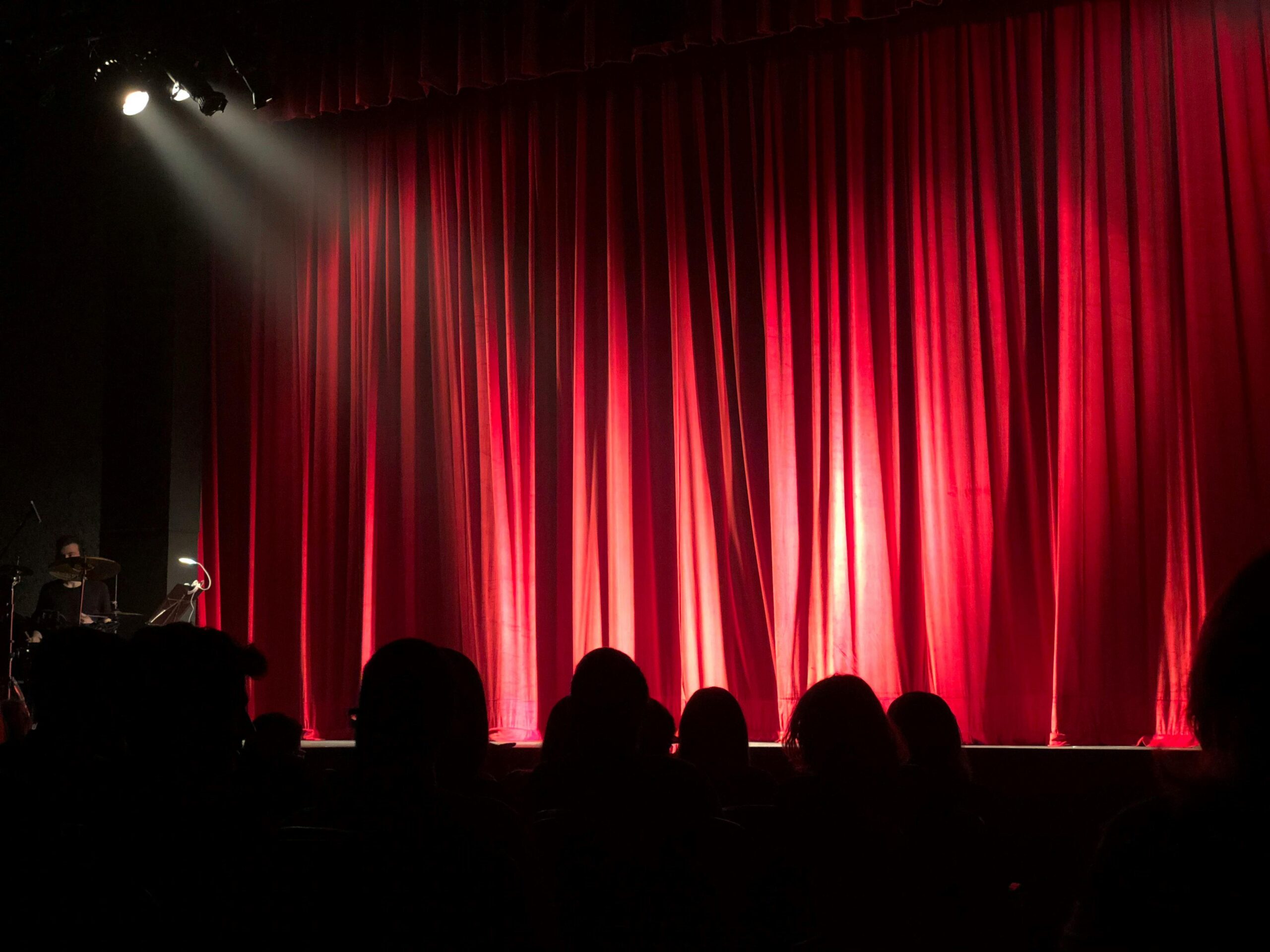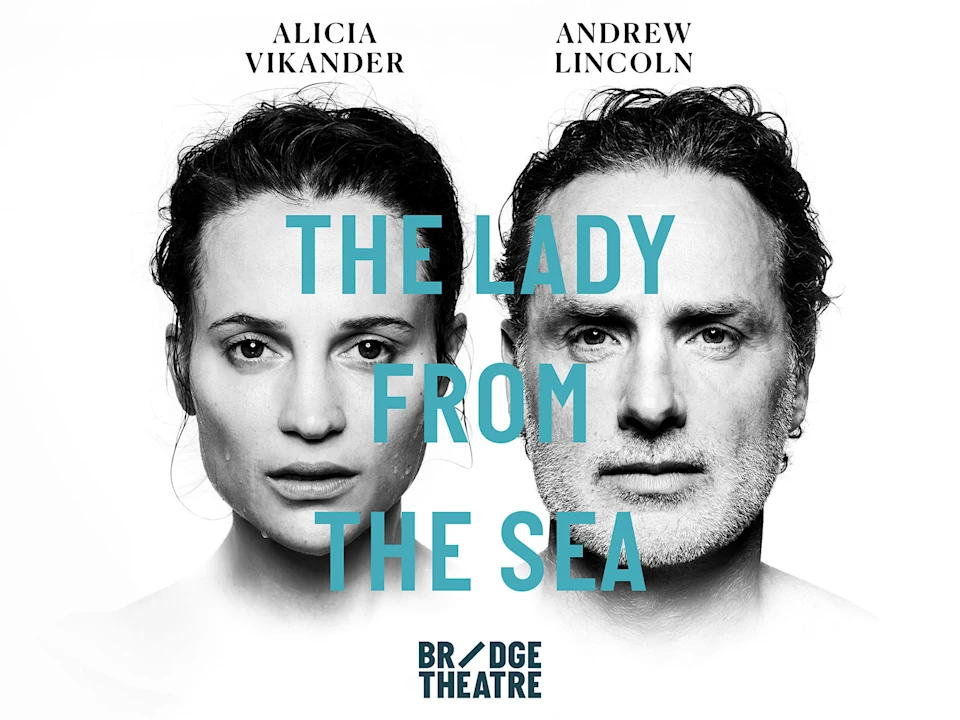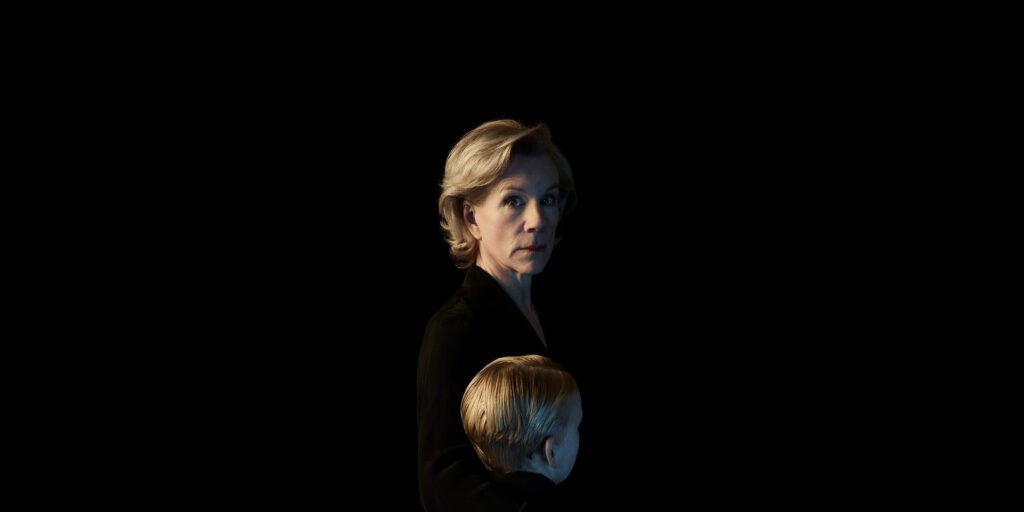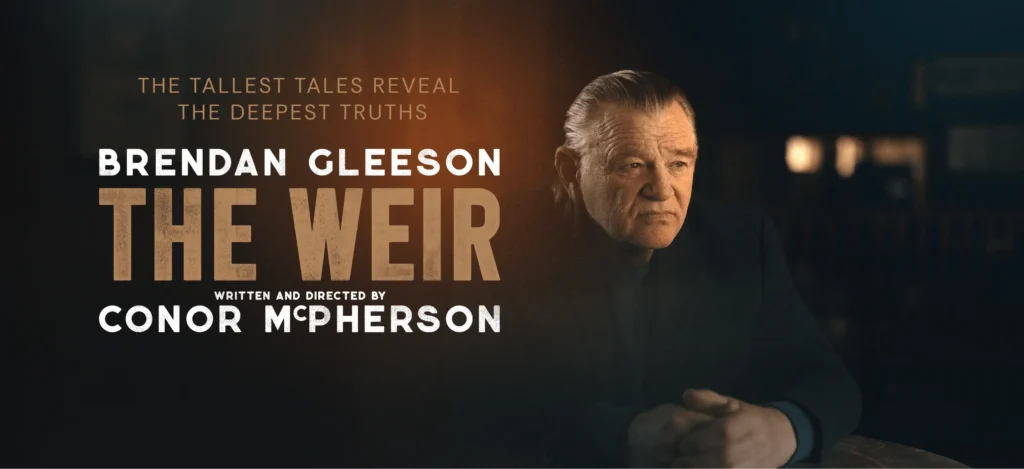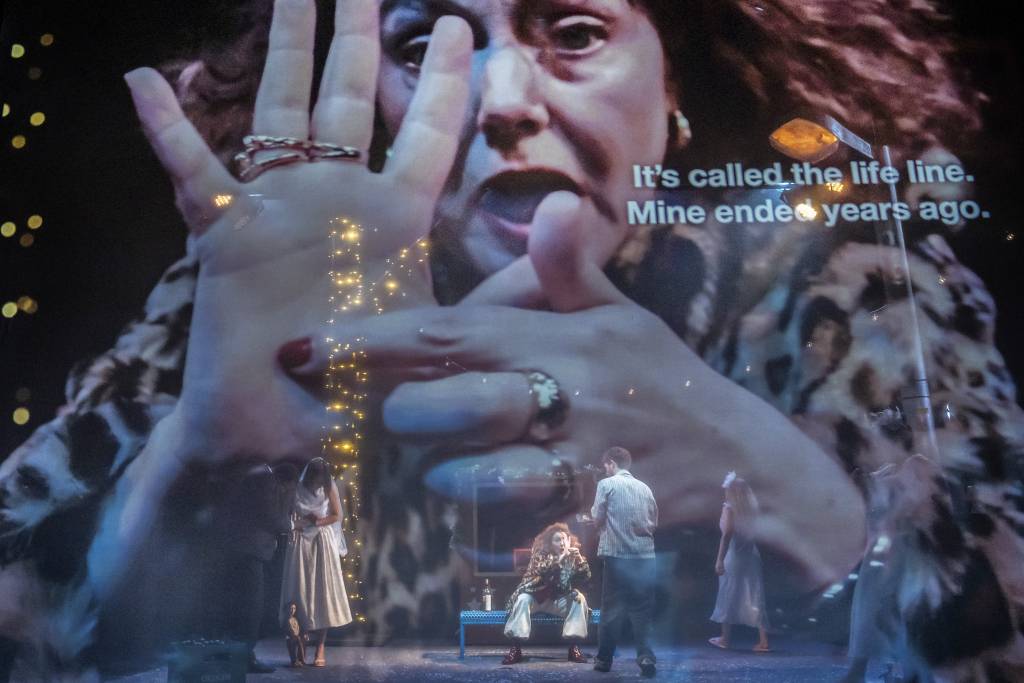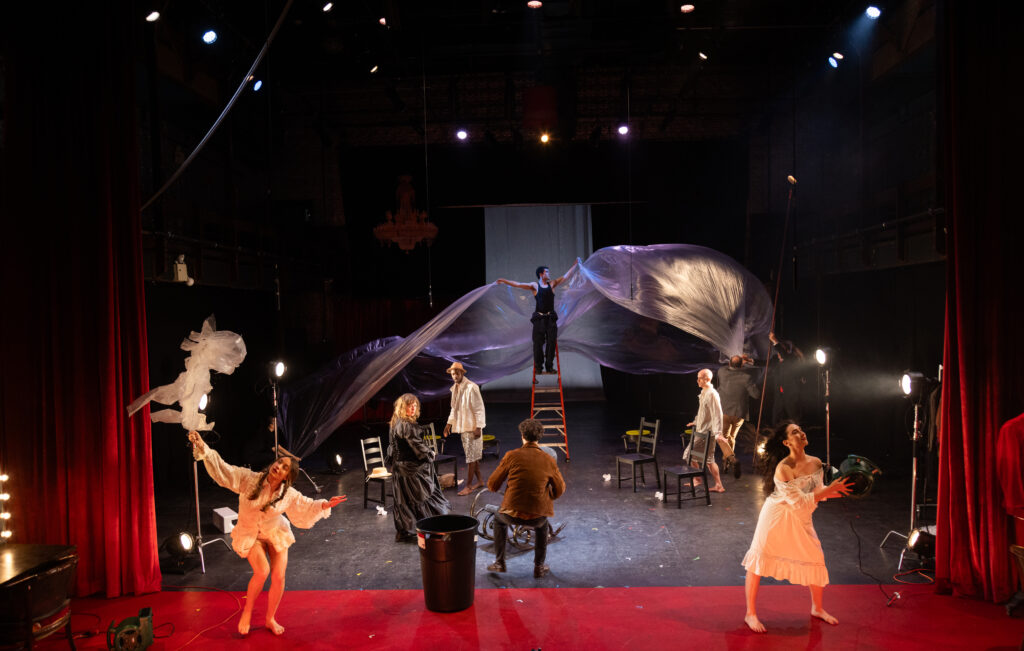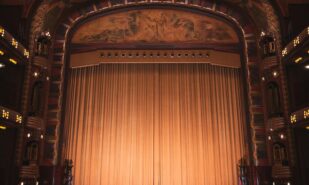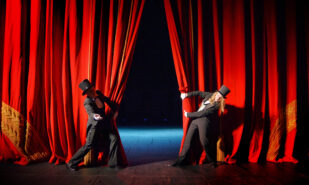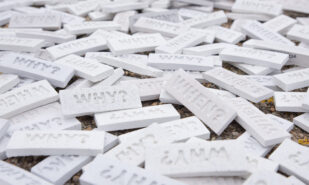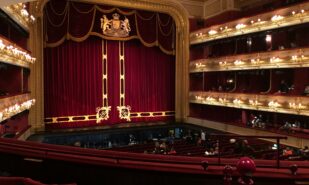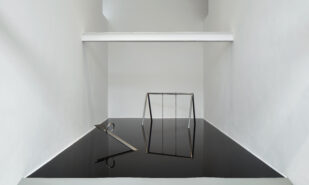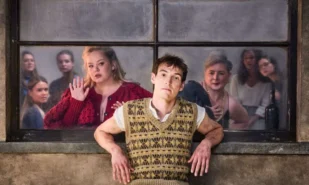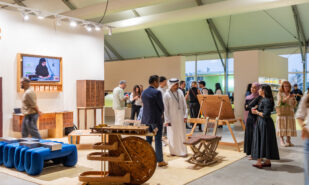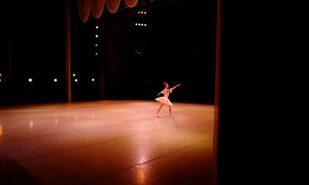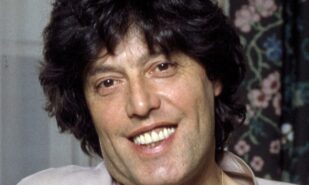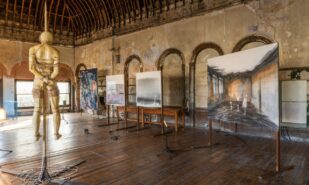Adaptations of the Classics in the Mirror of the London Stage: London Theatres in September
Well, autumn is here. Again. Summer had only just begun, and already—before you know it—it’s almost Christmas. But while the new season rolls in—cozy, russet, golden, full of warm sweaters and hot cocoa—we suggest going to the theatre, because there’s plenty worth seeing. Shakespeare, Ibsen, Chekhov, Wilde—all lined up. Take your pick!
The Lady from the Sea
Bridge Theatre
3 Potters Flds Pk, SE1 2SG
Modern adaptations of Ibsen’s plays are popular on London stages. Only recently Wyndham’s Theatre staged My Master Builder, Lila Raicek’s version of The Master Builder. And now Bridge Theatre is presenting The Lady from the Sea, one of Ibsen’s most romantic plays. Its longing and anticipation connect it to Chekhov’s dramaturgy. Yet in a strange way, The Lady from the Sea brings hope, not despair.
What director and adaptor Simon Stone (known for Phaedra at the National Theatre, for example) has done with Ibsen’s plot is what audiences will discover. The leading roles are played by Alicia Vikander and Andrew Lincoln as Edward and Ellida, husband and wife whose life brims with sharp drama. Ellida’s complex relationship with her stepdaughters, and her past shrouded in mystery and silence, gradually come to light, revealing a chilling yet surprisingly romantic story.
For Vikander, working with Ibsen is also significant because her first encounter with theatre was as a child, when she saw Peer Gynt. And before audiences see her in The Kremlin Magician, where she plays the female lead, they can witness her London stage debut here.
Lincoln—star of The Walking Dead, Love Actually, and Cold Water—returns to the London stage after playing Scrooge in A Christmas Carol at the Old Vic in 2020. Bridge Theatre promises an exploration of desire, freedom, loss, and rebirth—and of course, Ibsen’s story is a perfect fit.
The Importance of Being Earnest
Noël Coward Theatre
85–88 St Martin’s Ln, WC2N 4AU
Sparkling, funny, dazzling, sharp, shocking (and yes, the theatre can still shock us!)—this autumn, The Importance of Being Earnest moves to the Noël Coward Theatre in co-production with Sonia Friedman Productions.
Zero percent sense, one hundred percent fun and play. What happens when deception collides with serious matters of marriage? How do you escape a web of lies—especially when you spun it yourself?
The show has the audience’s attention for several reasons. First, it’s one of Oscar Wilde’s most beloved plays. Second, Olly Alexander stars as Algernon Moncrieff. He returns to the Noël Coward Theatre stage after Peter and Alice in the early 2010s, that famous production with Ben Whishaw and Judi Dench, where he played a charming yet unsettlingly heartless Peter Pan.
Director Max Webster (who also staged Macbeth at Donmar) has created a joyful, vivid reimagining of Wilde’s classic. The production is both funny and romantic. By tradition, Lady Bracknell is played by a man—here, it’s Stephen Fry, greeted with applause the moment he steps on stage, before he even begins acting. That’s charisma!
This is a delightful comedy-drama, bubbling like champagne. The story is familiar, but it’s a joy to watch every time.
The Land of the Living
Dorfman Theatre, National Theatre
Upper Ground, South Bank, SE1 9PX
At the end of 1945, Thomas was alive—but lost: like thousands of children, he had been taken from Eastern Europe by the Nazis during WWII. He was placed in the care of Ruth, a UN relief worker (UNICEF, incidentally, would not be established until the following year). As the war ends, Ruth faces a painful moral dilemma: should she try to find Thomas’s parents or leave him where he is?
Thomas grows up, and forty-five years later he comes to Ruth. He looks her in the eye and asks: “Why?!”
David Lan’s heartbreaking new play is, sadly, still relevant. Child abductions in war zones are as commonplace as they are monstrous. Even to think of it is unbearable—yet young Ruth, in the mid-1940s, had to face this reality head-on and make an impossible choice.
“All my life—all your life—I’ve struggled with this question: was what I did wrong?”—this line, spoken by Juliet Stevenson as Ruth, becomes the play’s central theme. Grown-up Thomas is played by Polish actor Tom Wlaschiha (remember Jaqen H’ghar from Game of Thrones?).
Lan has written plays rooted in what he has seen himself—born in South Africa, he knows firsthand the dramatic history of the continent. Later, occupied with his leadership at the Young Vic, he paused his playwriting. Now he returns with a new work. On the one hand, it follows the path of his earlier drama; on the other, it’s his first exploration of childhood and war.
The Weir
Harold Pinter Theatre
Panton St, SW1Y 4DN
Conor McPherson directs his own play The Weir for the first time—an intensely personal work. And this production features an Irish stage giant: Brendan Gleeson, triumphantly back in theatre.
The show has already played in Dublin, where critics and audiences alike responded with near-religious ecstasy. No surprise: it’s been years since Gleeson last appeared on stage, and here he has a magnificent role—a perfect showcase.
In a rural Irish pub, locals spend a stormy evening drinking together. Among the four men is one woman, Valerie, who has just moved from Dublin to the countryside. Inspired by the eerie atmosphere, the men try to impress her with dark, supernatural tales from local lore. But things take an unexpected turn: Valerie has a haunting story of her own, which changes the evening completely.
Valerie is played by Kate Phillips, star of Miss Scarlett. What’s remarkable is the ensemble dynamic: the cast doesn’t compete for attention but works together with precision and profound psychological depth.
Deaf Republic
Royal Court Theatre
50–51 Sloane Square, SW1W 8AS
“I am still here. I exist. I have a body.” Ilya Kaminsky’s poetry cycle Deaf Republic has become a striking theatrical production, almost an installation fused with poetic performance, created by Dublin’s Dead Centre.
In the fictional town of Vasenka, a deaf boy is killed during a puppet show—a horrific collision of childhood and death, puppet theatre and the lifeless. The townspeople respond by becoming “deaf” in protest.
British Sign Language (BSL) is the central medium of Deaf Republic. The show blends sign and surtitles, puppetry and video. Silence turns into an act of resistance, and gesture into a thunderous sound.
It’s a moving, heartbreaking story adapted from Kaminsky’s poems by directors Ben Kidd and Bush Moukarzel. Chaos, fear, comedy, tenderness—the dead child’s puppet, circus-like numbers—everything speaks to the fragility of life and the resilience of people under broken normalcy. At times the production borders on hallucinatory strangeness—again a reflection of life when normality itself has collapsed.
Seagull: True Story
Marylebone Theatre
35 Park Rd, NW1 6XT
This Seagull has little to do with Chekhov and everything to do with the present day and the émigré experience of director Alexander Molochnikov.
In Moscow, he was hugely successful, staging work at the Moscow Art Theatre. In the US, he launched into work with renewed energy, creating Seagull: True Story with playwright Eli Rarey—a production that won over audiences and critics alike. Now it has arrived in London, produced by MART and Wild Yak.
The story follows a young director whose bold, original staging of The Seagull was censored when war broke out. He flees to New York, hoping for artistic freedom, but soon faces another struggle—for identity, for the right to artistic expression.
Starring Andrei Burkovsky and Ingeborga Dapkūnaitė.
A Midsummer Night’s Dream
Southwark Playhouse
77–85 Newington Causeway, SE1 6BD
When a small, young theatre stages Shakespeare, it does so out of love. For English actors, the connection to Shakespeare has a special warmth—unforced, unacademic, uncontrived.
Here, a tiny troupe led by director Toby Hulse offers audiences a unique experience, taking them back to childhood, to play, and to the magical sense that anything is possible.
Fairies work their mischief, lovers lose track of who they adore, and one poor soul is transformed into a long-eared animal. The setting is 1905; Shakespeare’s language mingles with modern English.
Above all, it’s a play about love and for love—and audiences are guaranteed to leave with smiles and joy.

